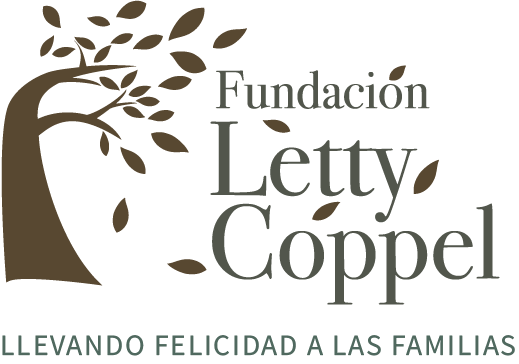In the heart of the Historical Center of Mazatlan there is the most unique of all the museums of the city, Casa Machado Museum, that stands out because of its collection of furniture and common use objects from the end of the XIX century and beginning of the XX century.
Located in one of the most emblematic buildings of Old Mazatlan, Los Portales de Cannobio, the Casa Machado was founded in the year 2000 and offers the visitor a brief, but very illustrative view about the way of life of aristocratic families 100 years ago.
Each one of the rooms keeps precious memories of families of the past, who donated the mayority of the objects with cultural purposes and preservation of their history. They are objects of incalculable historic value, such as home furniture, rugs, musical instruments, decorative articles and common use goods, books, beds, table linens, porcelain dishes and silverware.
The Casa Machado Museum also has a room dedicated to the supreme party of the port, the Carnaval, with the exhibition of photographs and costumes and a bit about the great history of more than 100 years.
Machado was the lastname of a successfull filipino businessman named Juan Nepomuceno that arrived to Mazatlan in the first period of the commertial boom in the third decade of the XIX century. This man who was dedicated to commerce, ventured into mining turning him in to the owner of the prosperous silver and gold mines of Copala and Panuco of the Western Sierra Madre that the spaniards were exploting since the XVI century. Legend says that when he desired to share part of his fortune, Juan N. Machado donated a property for common use to the city, that was turned in to the “Jardin de Machado”(Machado Gardens) and later was finished by the town calling it Plazuela Machado (Machado Square).
The building where the Casa Machado Museum is located was built around the middle of the XIX century and in the sixties was transfered to a farmacist Luigi Bofito Canobbio, who located a farmacy and drugstore on the corner of Recreo and Tacuba Streets (now Constitución and Heriberto Frías) in honor of his and his brothers Angelo, Salvatore, Vicenzo and Giovanni country of origin, was named “Droguería Italiana” (Italian Drugstore) and the buiding was in time transformed in to the Portales de Canobbio (Gateways of Canobbio).
Pueblo Bonito Group, through the Letty Coppel Foundation, in fulfillment of their commitment to maintain the culture in Mazatlan, administers the Casa Machado Museum, which receives more than 14,000 visitors a year, including tourists and locals.
